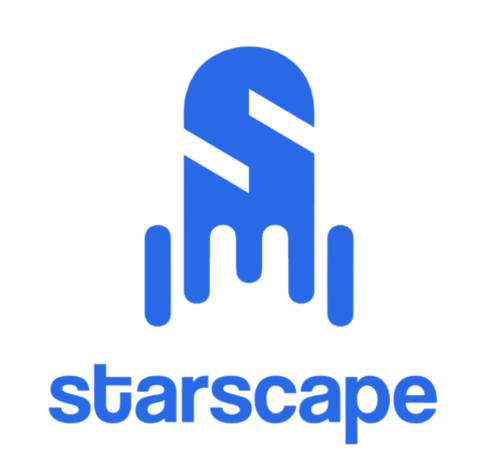Hi, Dave Fox here from Starscape SEO. The terms “SEO agency” and “SEO consultancy” have become increasingly prevalent in the digital marketing landscape.
While they might seem interchangeable at first glance, there are distinct differences between these two entities.

Call or Text Starscape SEO: (519) 208-8680

To understand these nuances, let’s delve into their historical context and explore their current roles in the world of search engine optimization.
The concept of search engine optimization (SEO) emerged in the late 1990s as search engines like Google began to dominate the internet.
As websites proliferated, businesses realized the importance of appearing higher in search engine results pages (SERPs) to attract more organic traffic.
To achieve this, they sought the expertise of professionals who could optimize their websites for search engines. Initially, these professionals were often freelancers or individuals with a strong understanding of HTML and web development.

Over time, as SEO became more complex and sophisticated, specialized agencies and consultancies started to emerge.
These entities focused solely on SEO, offering a range of services to help businesses improve their search engine rankings.
As the field evolved, SEO agencies and consultancies began to differentiate themselves based on their expertise, size, and the specific services they provided.
Today, the terms “SEO agency” and “SEO consultancy” are used interchangeably in many contexts.
However, there are subtle differences between them that can be crucial when selecting a partner to optimize your website.
Let’s explore these key differences:
Scope of Services
One of the primary distinctions between SEO agencies and consultancies lies in the breadth of services they offer.
SEO agencies often provide a wider range of digital marketing services, including pay-per-click (PPC) advertising, social media marketing, email marketing, and content marketing.
They may also have in-house teams of web developers, designers, and other digital specialists.
In contrast, SEO consultancies typically focus exclusively on SEO-related tasks.
They may offer services such as keyword research, on-page optimization, link building, content creation, and technical SEO audits.
While they might collaborate with other agencies or freelancers for tasks outside their core expertise, their primary focus remains on improving search engine rankings.
In-House vs. Outsourced
SEO agencies generally have in-house teams of SEO experts. This allows them to maintain control over their projects and ensure consistent quality of work.
Additionally, in-house teams can develop a deep understanding of the client’s business and tailor their strategies accordingly.
SEO consultancies, on the other hand, may outsource some tasks or projects, especially for smaller firms.
While this can help them manage costs and scale their operations, it can also lead to less control over the quality of work and potentially longer turnaround times.
Project Management
SEO agencies typically have dedicated project managers who oversee SEO campaigns.
These project managers are responsible for coordinating with different teams, tracking progress, and ensuring that the campaign stays on track.
In contrast, SEO consultancies may have less formal project management structures, especially for smaller firms.
Client Relationship
SEO agencies often maintain long-term relationships with their clients, providing ongoing SEO services and support.
They may also offer retainer-based pricing models, which can provide predictability and stability for both the agency and the client.
SEO consultancies, on the other hand, may work on shorter-term projects or consultancies.
This can be beneficial for businesses that need a quick fix or are unsure about their long-term SEO needs.
However, it can also lead to less continuity and potentially higher costs in the long run.
Cost
SEO agencies typically charge higher rates due to their broader range of services and in-house expertise.
They may also offer retainer-based pricing models, which can provide predictability and stability for both the agency and the client.
SEO consultancies, on the other hand, may offer more flexible pricing options, especially for smaller projects.
They may charge hourly rates, project-based fees, or retainer-based fees. The cost can also vary depending on the complexity of the project and the level of expertise required.
In conclusion, while the terms “SEO agency” and “SEO consultancy” are often used interchangeably, there are distinct differences between these two entities.
The best choice for a business depends on its specific needs, budget, and desired level of involvement.
By understanding the key differences, businesses can make informed decisions and select the SEO partner that best aligns with their goals.

